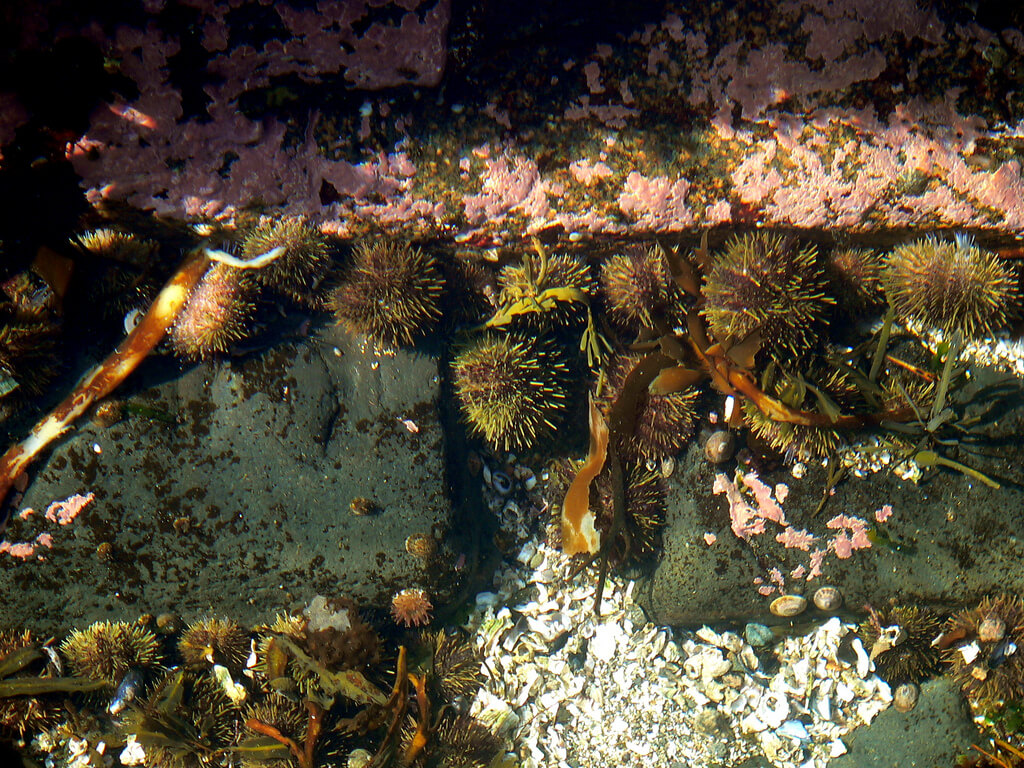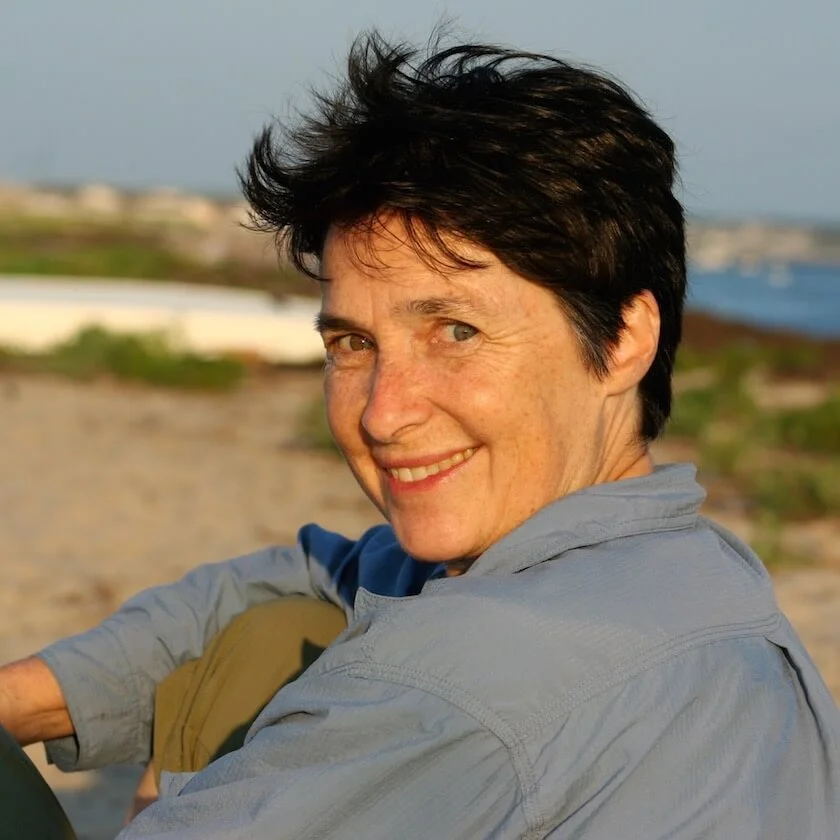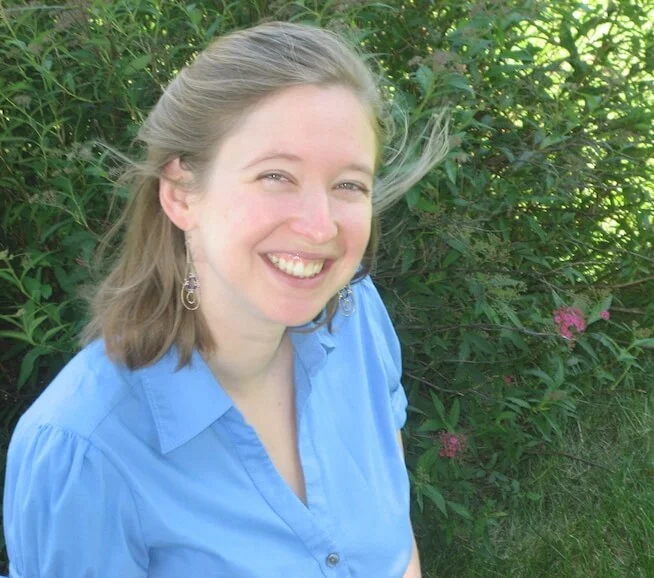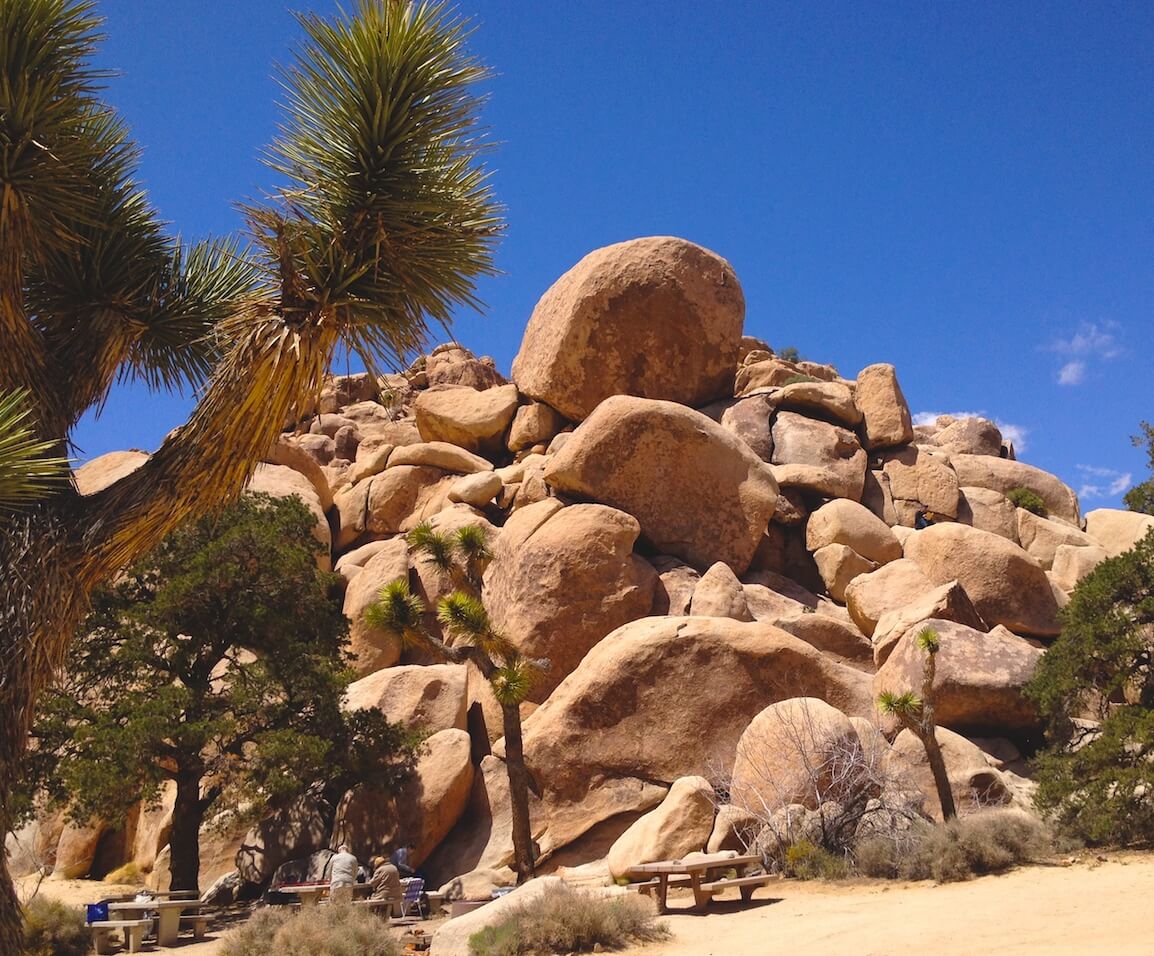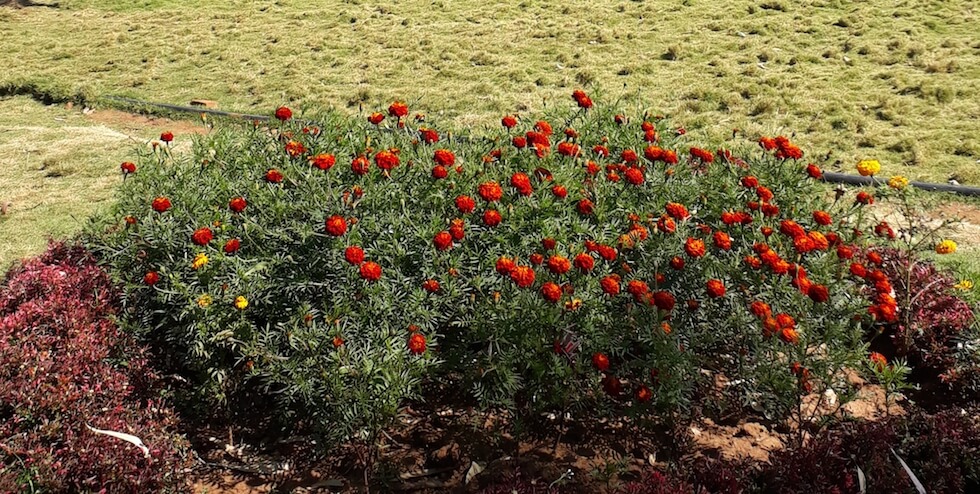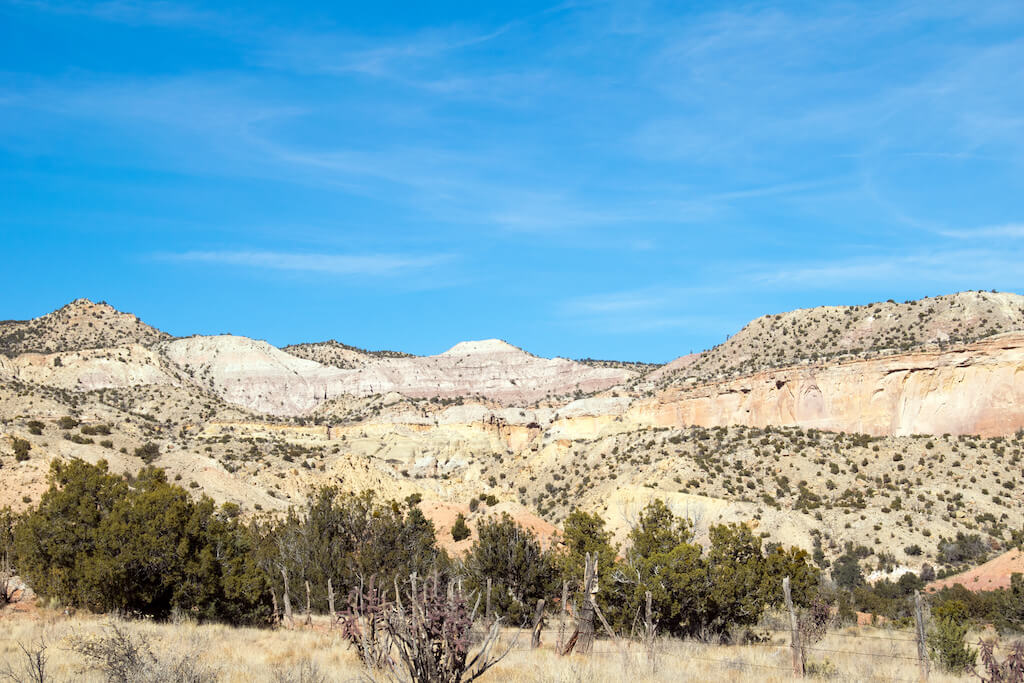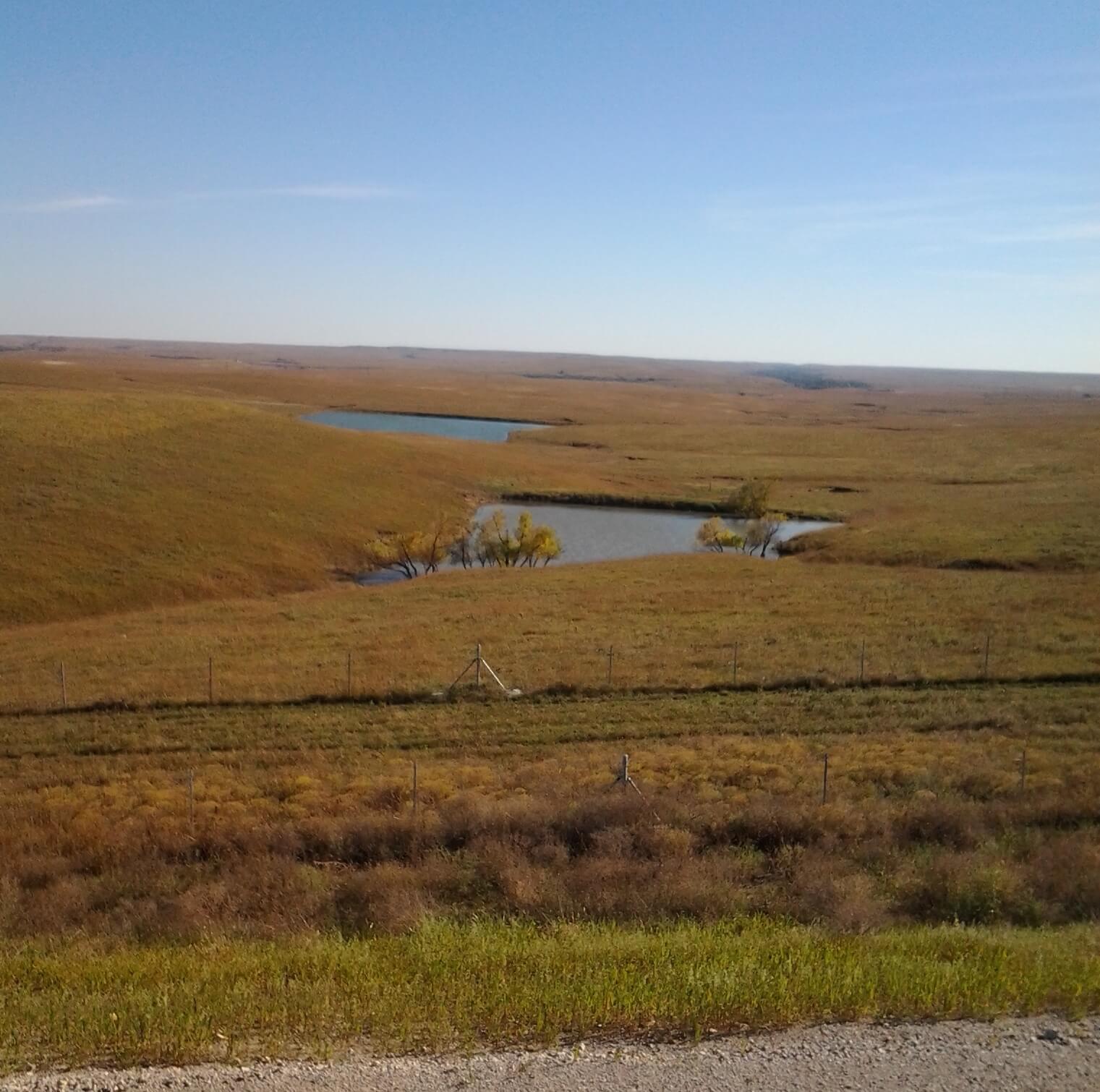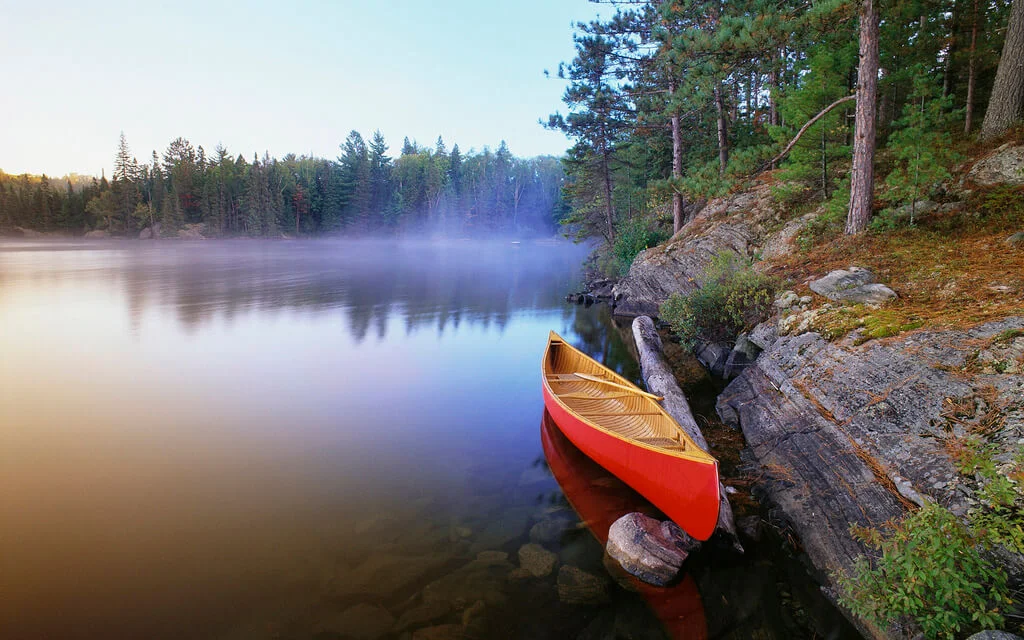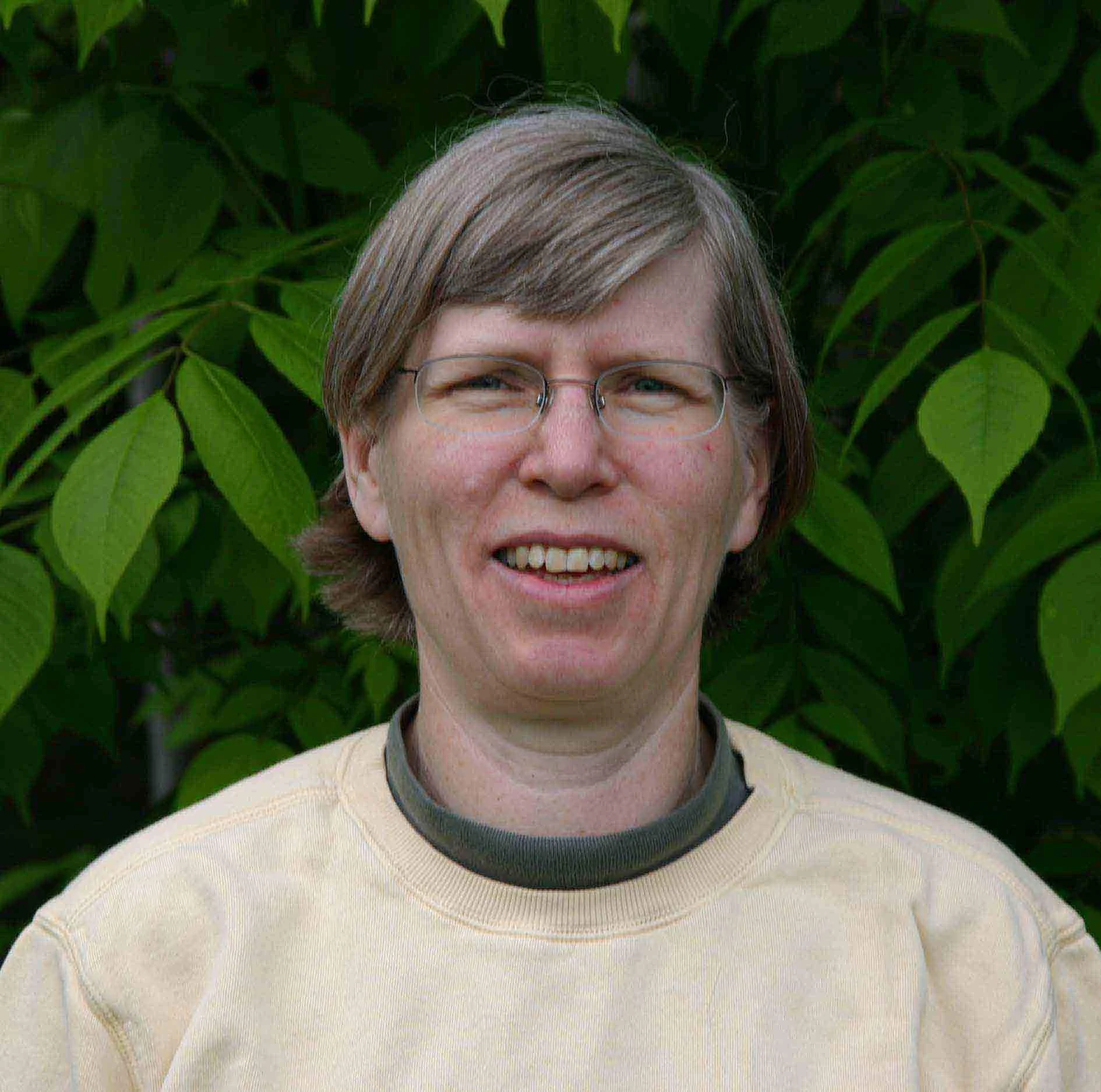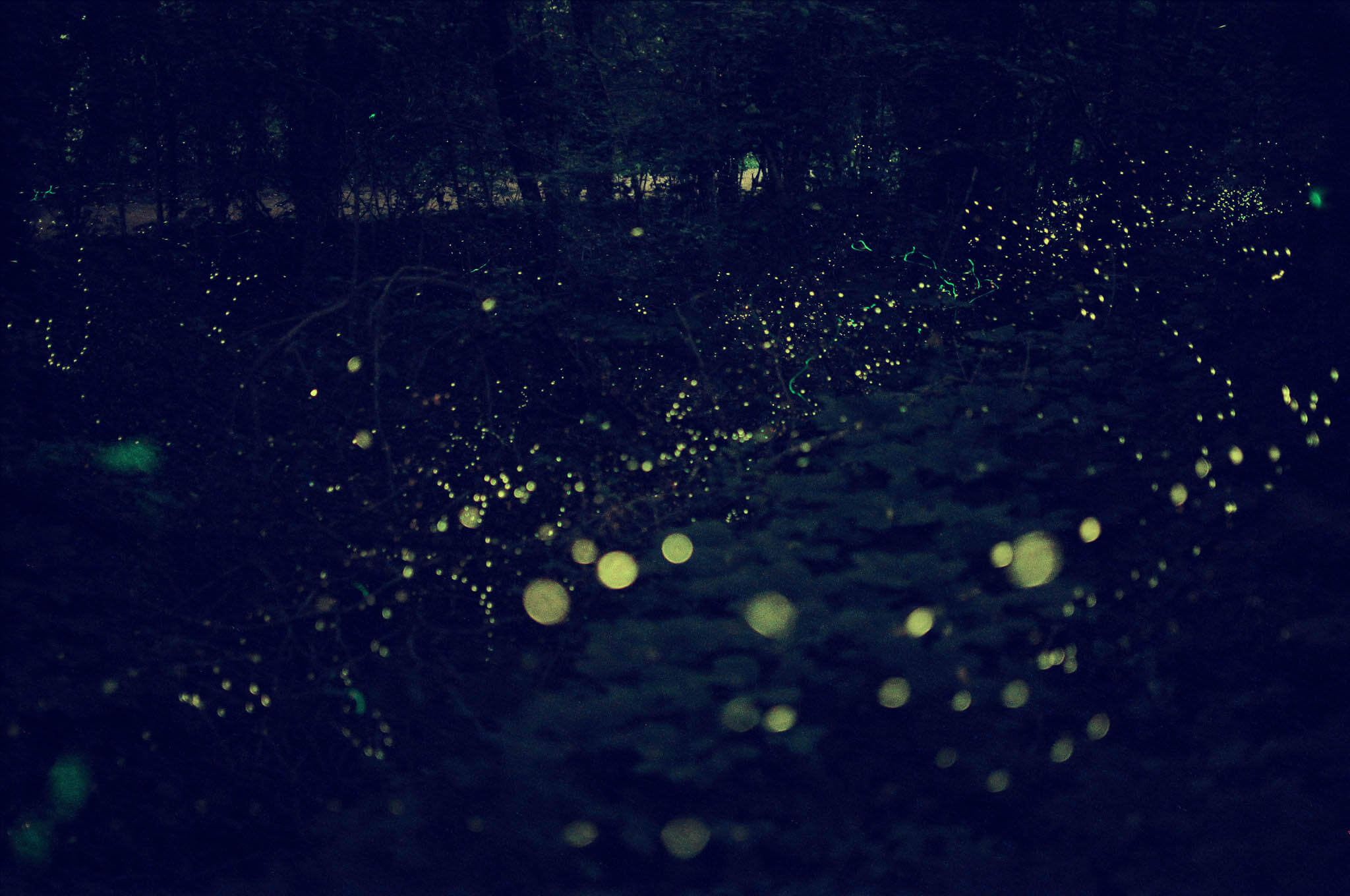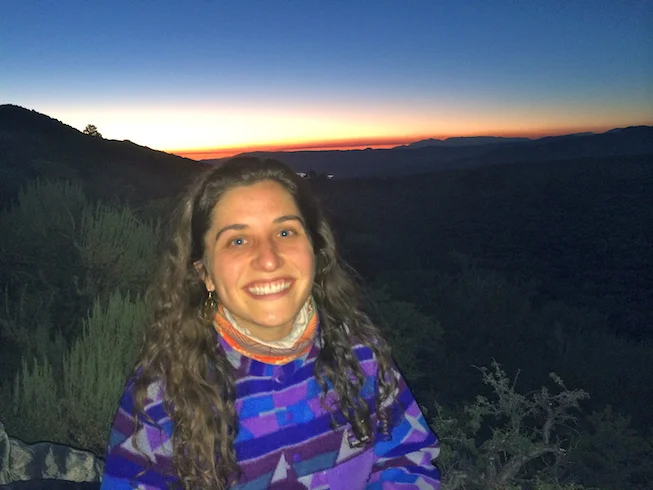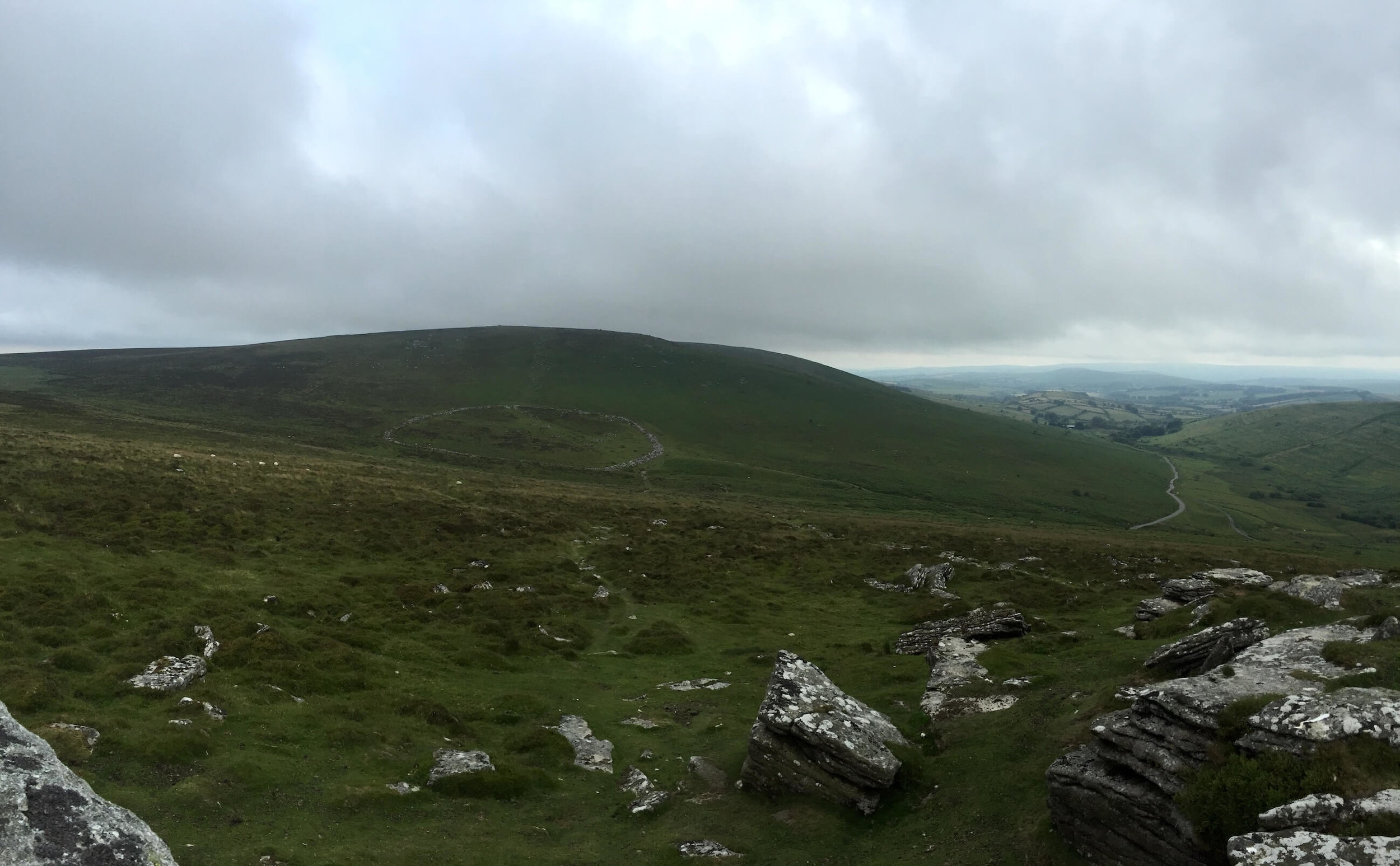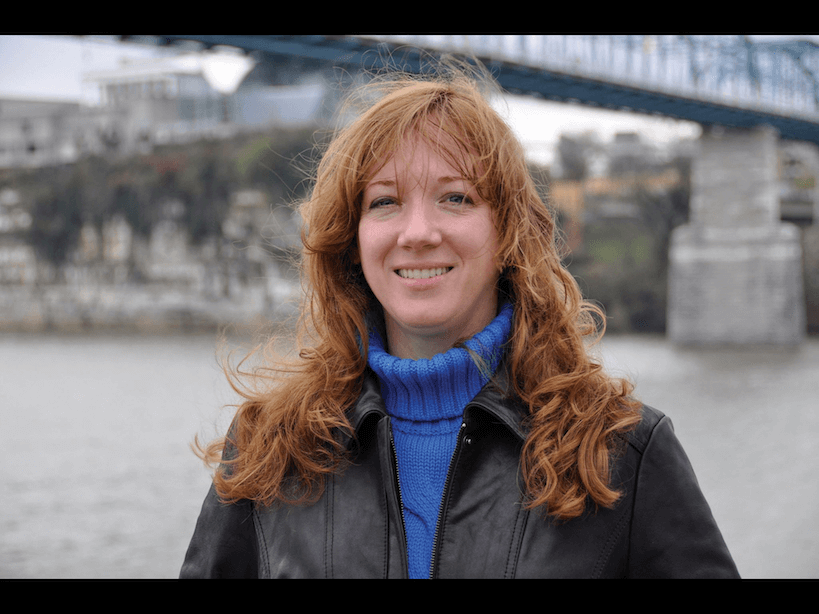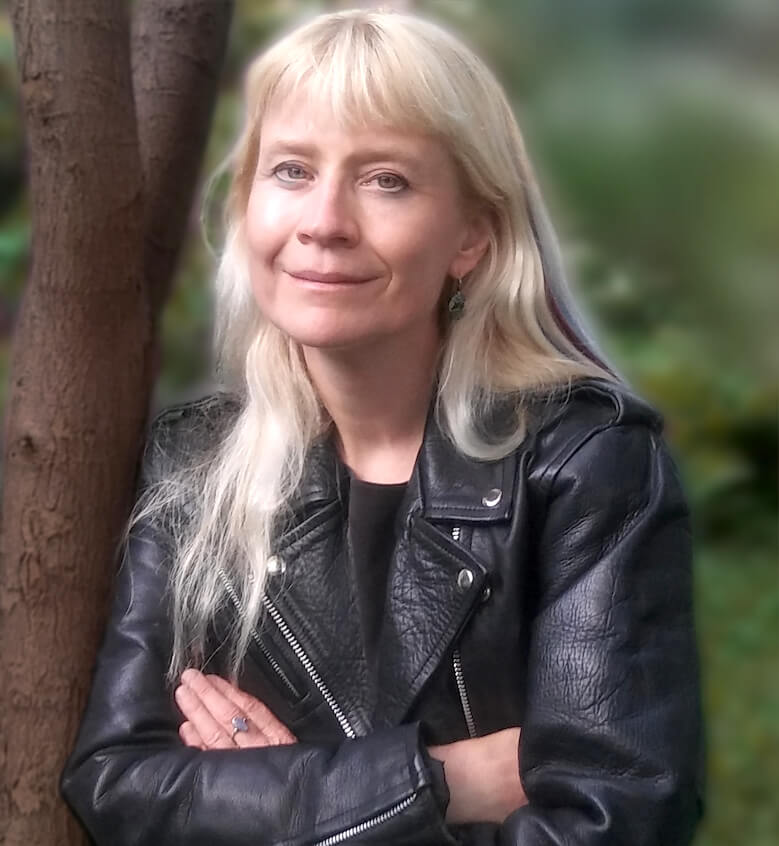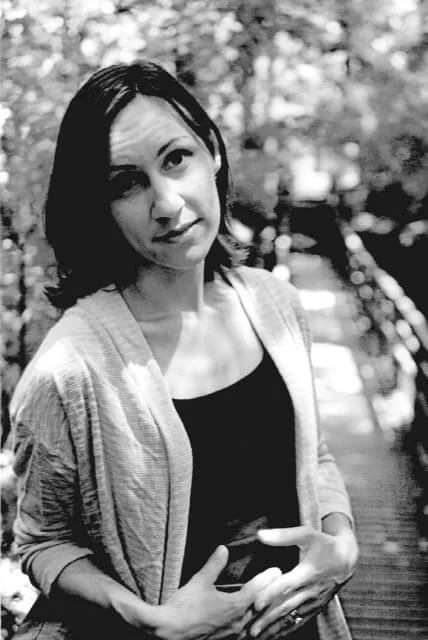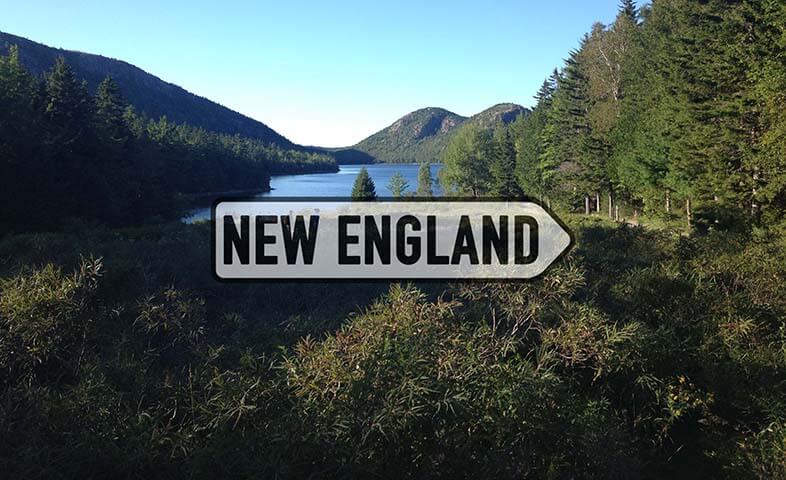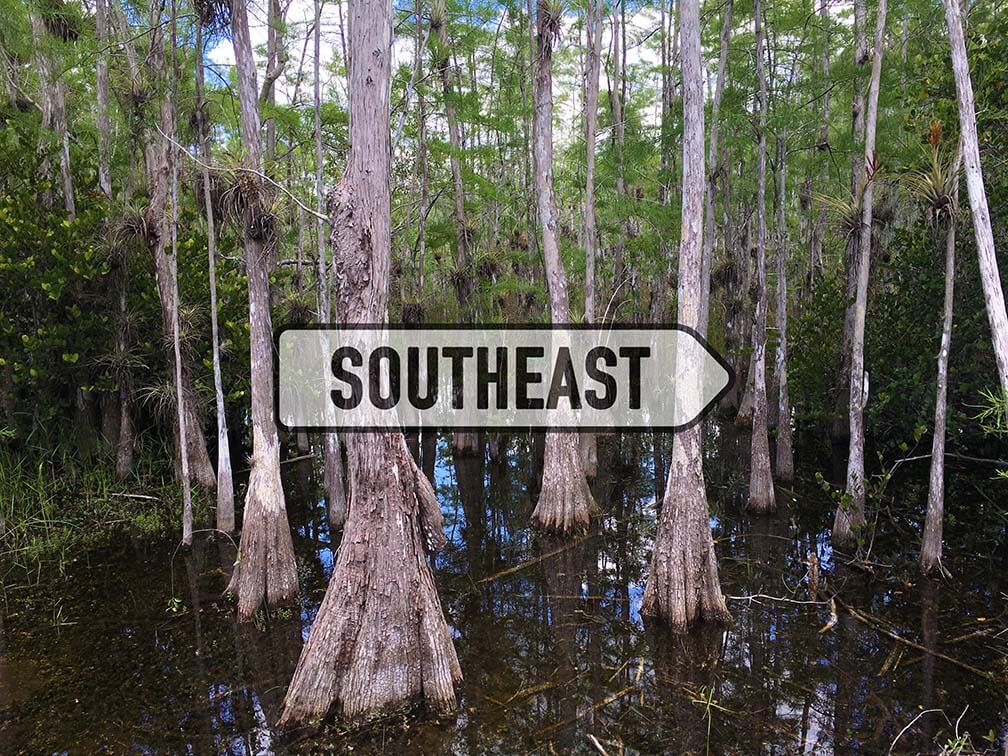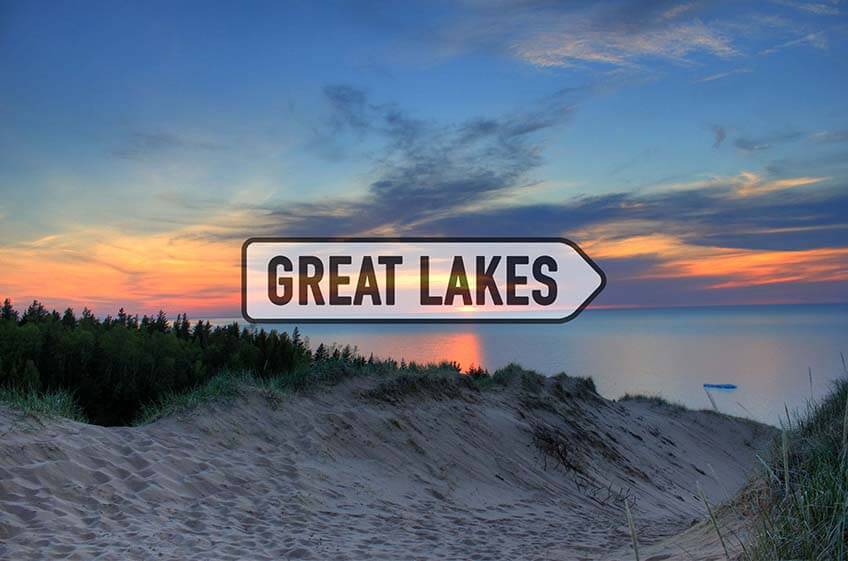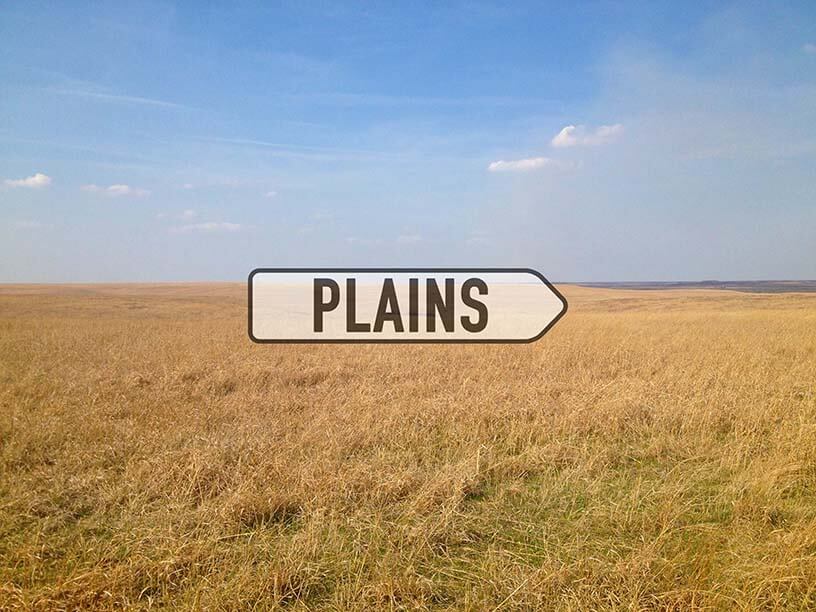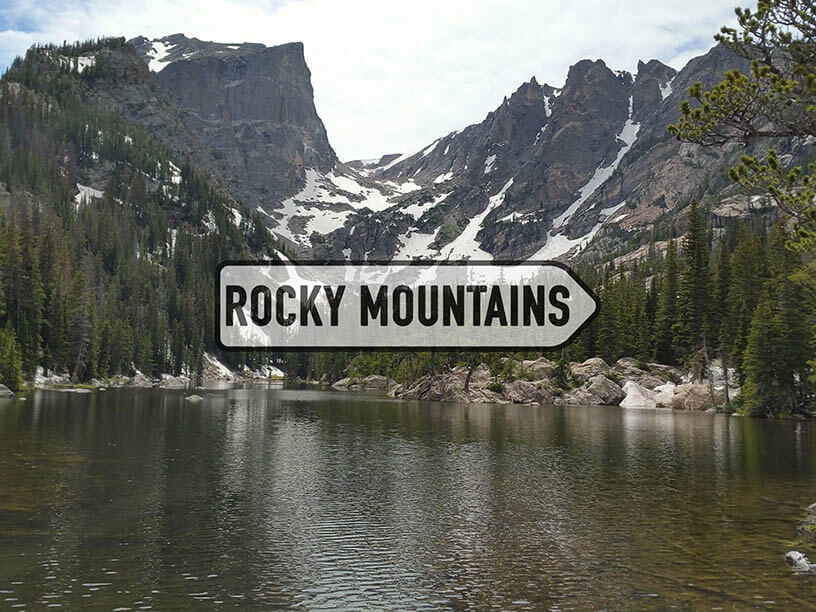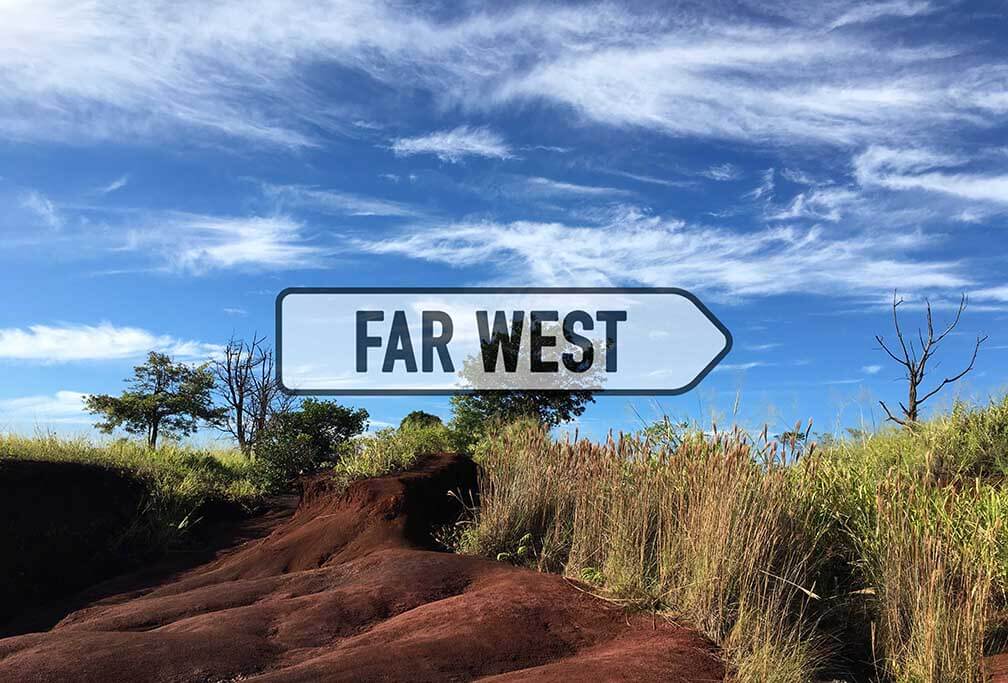The Trail Back
By Gene Twaronite
is never the same.
The sun you once faced
is now over your shoulder,
the horizon where you’re
headed is now the one
where you’ve been.
You follow your footprints
as you explore the world
made new in hindsight
hoping to find what it is
you have missed.
(Mount Wrightson Super Trail, Coronado National Forest)
Gene Twaronite’s poems, essays, and short stories have appeared in forty different print and online magazines, journals, newspapers, and anthologies. He is the author of seven books including two juvenile novels and two short story collections. His first poetry book Trash Picker on Mars was published by Kelsay Books in 2016. His second collection of poems The Museum of Unwearable Shoes is scheduled to be released in September 2018. Follow more of Gene’s writing at his website https://www.thetwaronitezone.com.
Featured image by Mikesanchez1109 / CC BY




